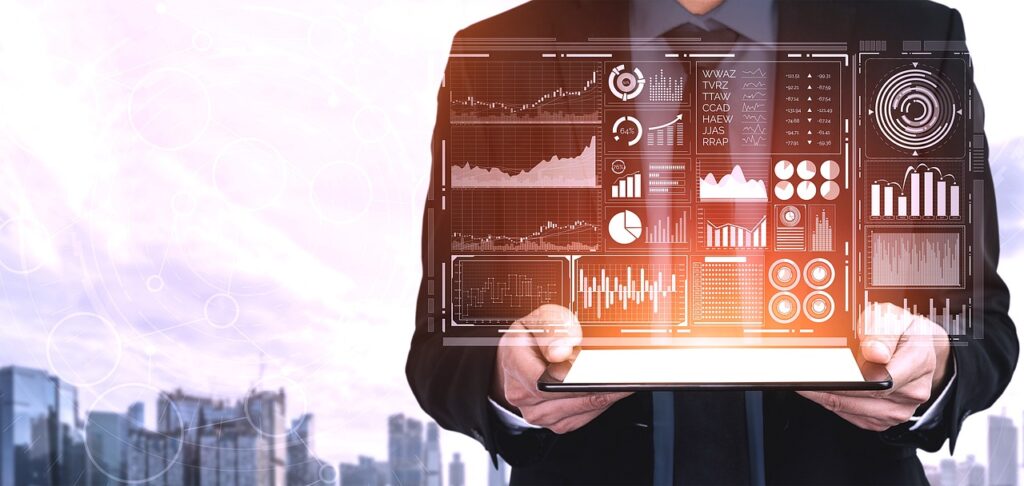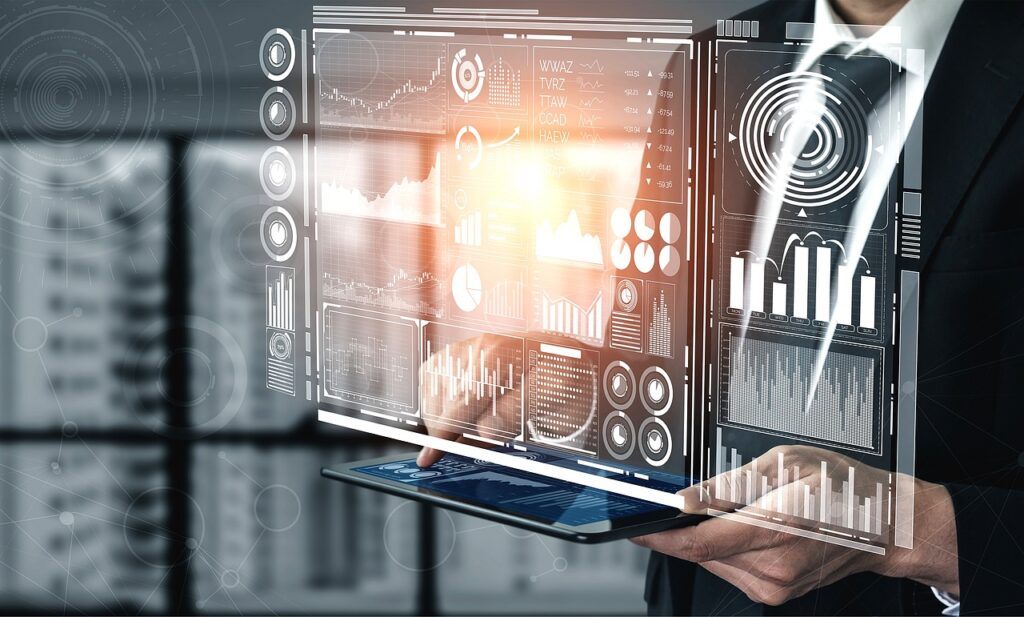The Impact of Social Media on Mental Health: Understanding the Benefits and Risks
In today’s digital age, social media has become an integral part of our lives. From connecting with friends to sharing life events, platforms like Facebook, Instagram, Twitter, and TikTok have revolutionized the way we communicate. However, alongside the many benefits, social media has sparked debates about its impact on mental health. Does it promote well-being or harm our emotional state? In this article, we’ll explore the effects of social media on mental health, the pros and cons, and ways to use it responsibly.
2. The Rise of Social Media
From Communication to Community Building
Social media started as a simple tool for staying in touch, but it has grown into a platform for self-expression, community building, and even activism. For many, it’s a space to share accomplishments, find support, and engage in meaningful conversations. But the pervasive presence of social media in our daily lives means it influences our mental and emotional well-being more than we might realize.

The Role of Algorithms
Most social media platforms rely on algorithms designed to keep users engaged by showing them content that aligns with their interests. While this can enhance the user experience, it also means that we are constantly bombarded with content that can shape our moods and perceptions, sometimes negatively affecting our mental health.
3. The Benefits of Social Media on Mental Health
While the risks of social media are often highlighted, it’s important to recognize the positive role it can play in mental health.
3.1 Fostering Connections
One of the most significant benefits of social media is its ability to help people stay connected with friends and family, regardless of geographical distance. For those who may feel isolated or lonely, these platforms provide a sense of community and support. Many people use social media to share their experiences, discuss mental health issues openly, and receive encouragement from others.

3.2 Raising Awareness About Mental Health
Social media has become a powerful tool for raising awareness about mental health issues. Campaigns like #BellLetsTalk and #MentalHealthAwareness have brought conversations about anxiety, depression, and suicide prevention to the forefront. This visibility has helped reduce stigma and encouraged more individuals to seek help.
3.3 Access to Support Networks
Beyond awareness, social media offers access to mental health support groups and communities. Whether it’s through online therapy platforms or peer-to-peer support groups, users can find comfort and guidance in spaces tailored to their needs. For individuals struggling with mental health, this online support can be crucial in their healing process.
4. The Risks of Social Media on Mental Health
Despite its benefits, social media also poses significant risks to mental well-being, particularly for vulnerable users.
4.1 Social Comparison and Low Self-Esteem
One of the most well-documented effects of social media is the pressure to compare ourselves to others. Platforms like Instagram and TikTok are flooded with curated, idealized images of people’s lives, often leading users to feel inadequate or dissatisfied with their own reality. This constant comparison can contribute to low self-esteem, anxiety, and even depression, particularly among younger users.
4.2 Fear of Missing Out (FOMO)
Social media has also amplified the phenomenon known as “Fear of Missing Out” (FOMO). As users scroll through their feeds and see others enjoying vacations, attending events, or achieving personal milestones, they may feel left out or inferior. FOMO can lead to a sense of social isolation, increased anxiety, and a distorted view of reality, as users focus on what they lack rather than what they have.
4.3 Cyberbullying and Online Harassment
While social media allows for open communication, it has also given rise to cyberbullying and online harassment. Victims of cyberbullying can experience anxiety, depression, and, in severe cases, thoughts of self-harm. The anonymity of the internet often emboldens individuals to engage in cruel behavior, making it difficult to escape the harmful effects.
4.4 Addiction and Overuse
Another risk associated with social media is addiction. Many users find themselves spending hours scrolling through their feeds, often to the detriment of their mental health. This overuse can lead to sleep deprivation, increased stress, and a reliance on social media for validation, further exacerbating mental health issues.
5. How Social Media Affects Different Age Groups
5.1 Teenagers and Young Adults
Teenagers and young adults are particularly vulnerable to the effects of social media. As they navigate the challenges of adolescence, the pressure to fit in and present a perfect image online can be overwhelming. Studies have shown that excessive social media use among teens is linked to higher rates of anxiety, depression, and body image issues.
5.2 Adults
For adults, social media can impact mental health in various ways, from professional envy on LinkedIn to parenting pressure on Facebook. While adults may have more control over their social media use, they are not immune to the risks of comparison, FOMO, and cyberbullying.
5.3 Older Adults
For older adults, social media can serve as a valuable tool for staying connected with family and friends. However, it can also lead to feelings of isolation if their online interactions replace face-to-face communication. Additionally, older adults may be more susceptible to misinformation and scams, which can cause stress and anxiety.
6. Balancing Social Media Use and Mental Health
6.1 Setting Boundaries
To protect mental health, it’s important to set boundaries for social media use. This could involve limiting the time spent on platforms, avoiding social media before bed, or turning off notifications to reduce distractions. By being mindful of how much time is spent online, users can create a healthier relationship with social media.
6.2 Curating Your Feed
Another way to maintain mental well-being is by curating your social media feed. Unfollow accounts that promote negativity or unrealistic standards, and instead follow pages that inspire positivity, education, or creativity. A well-curated feed can transform social media from a source of stress to a tool for personal growth.
6.3 Taking Social Media Breaks
Periodic social media breaks can be incredibly beneficial for mental health. Whether it’s a day off each week or a month-long digital detox, stepping away from the constant stream of information allows users to reconnect with the real world and recharge mentally.
7. The Role of Social Media Platforms
7.1 Encouraging Positive Behavior
Many social media platforms have begun to recognize their impact on mental health and are taking steps to promote positive behavior. For example, Instagram has experimented with hiding the number of “likes” on posts to reduce the pressure of social validation. Additionally, platforms like Twitter and Facebook have implemented tools to help users report and block abusive behavior.
7.2 Providing Mental Health Resources
Some platforms are integrating mental health resources directly into their apps. For instance, Instagram has implemented a feature that provides mental health support information when users search for specific terms related to depression or anxiety. These features can help users in need find the support they require.
Conclusion
Social media has a profound impact on mental health, with both positive and negative effects. While it offers a platform for connection, support, and awareness, it also carries risks such as social comparison, FOMO, and cyberbullying. By setting boundaries, curating feeds, and taking breaks, individuals can harness the benefits of social media while protecting their mental well-being. It’s essential to approach social media mindfully, using it as a tool to enhance rather than harm mental health.
FAQs
| Question | Answer |
|---|---|
| How does social media affect mental health? | Social media can affect mental health positively by fostering connections but can also lead to issues like social comparison, FOMO, and cyberbullying. |
| What are the benefits of social media for mental health? | Social media provides a sense of community, raises mental health awareness, and offers access to online support groups. |
| Can social media addiction harm mental health? | Yes, excessive use of social media can lead to addiction, resulting in increased stress, sleep deprivation, and reliance on social validation. |
| How can I protect my mental health while using social media? | Setting boundaries, curating your feed, and taking regular breaks can help maintain a healthy relationship with social media. |
| What are social media platforms doing to support mental health? | Platforms like Instagram and Facebook are introducing tools and resources that promote positive behavior and provide access to mental health support. |